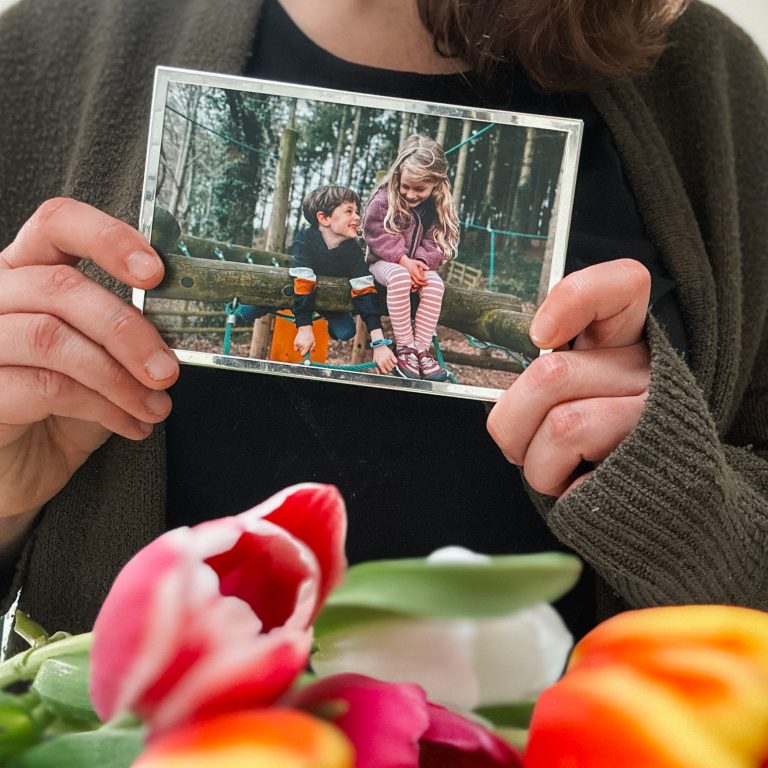Having hedges within your garden can help to give your children privacy as they play outside, and even allow you to have more confidence that they are unable to leave the garden, especially if you cannot be outside with them in that moment. That being said, you may also want to think about the ways that you can protect your hedges from potential rough play from your children, and also teach your little ones how to keep themselves safer when outdoors.
The needs of your hedge
When you have a Griselinia Littoralis hedge in your garden, you may want it to be kept in good condition. Your children may not appreciate that you have put both time and money into making the garden a nice place for them. Talking to them about the different plants, and what they need to remain healthy, could be a great first step. As an example, your Griselinia may not like excessively wet conditions. Therefore, it can be rather useful to teach your child not to play water games near that particular plant. In contrast, other plants may love having lots of water, so that could be a better location. This can also be a great way of encouraging your child to respect the environment.
Dangers from hedging
Some hedges may be dangerous for your children, or even your pets, so it’s important to think carefully about the kind of hedge you have before letting your children play next to it unsupervised. If your child were to eat the leaves or berries from a poisonous hedge, it will be imperative to get them medical help as soon as possible. Should you have not witnessed the event, you may want to simply assume that they did ingest something and still seek medical attention just in case. Alternatively, it may be a good idea to take inventory of the current hedging and plants found in your garden, and replace dangerous varieties with harmless individuals before allowing your children to play unattended.

Deter issues
Your children and hedges may also face issues from external factors. One example can be when neighbourhood pets choose to defecate in your garden. You may not want cat faeces underneath your hedging, especially if the animal keeps disrupting the soil. Likewise, some children may enjoy playing in the dirt, so you don’t want them coming into contact with anything toxic. Due to this, it can be a good idea to consider the ways that you can deter cats from using your garden as their personal bathroom, while still making it a welcoming place for natural wildlife. Alongside this, you may also want to teach your children to always wash their hands after playing in the soil, regardless of whether or not they believed animal waste to be present.
By beginning your teachings at a younger age, your child may then grow up to respect the plants and creatures around them. At the same time, this can also help them to look after their health when spending time around nature.









No Comments